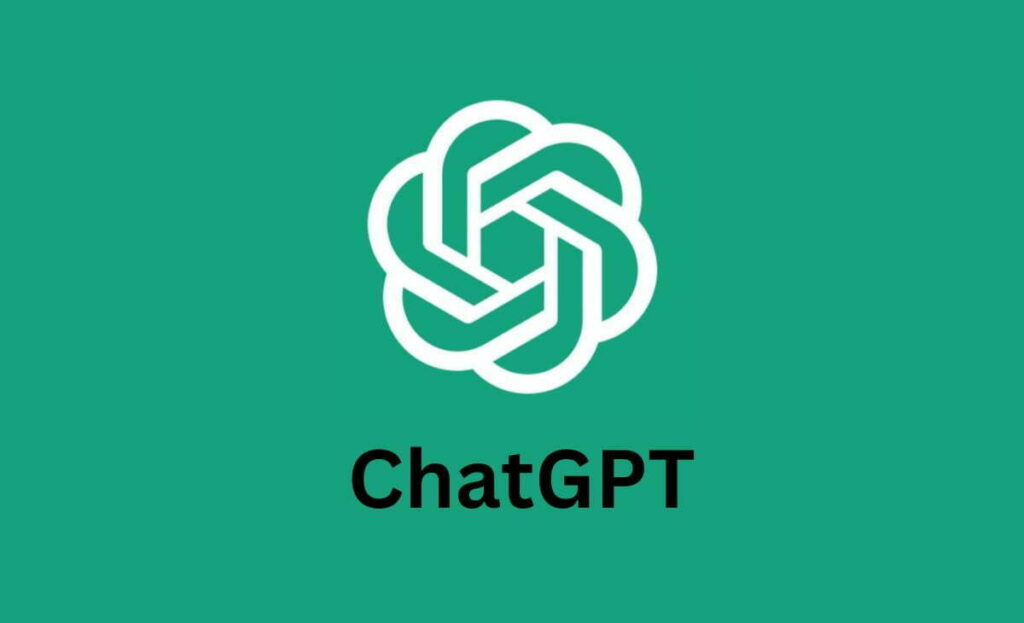ChatGPT: The Potential Game-Changer in Marketing
ChatGPT is changing the game in AI marketing by providing businesses with a potent tool to engage with their customers
In today’s world that is driven by competition among brands, businesses are always looking for new ways to impress and engage their target audience to stay ahead of the competition. It’s critical to stay ahead of competition in the world of digital transformation, businesses now incorporate the use of technology to their advantage to obtain a competitive edge as well as revolutionize how brands interact with their customers.
With the coming of ChatGPT, a variant of the GPT (Generative Pre-training Transformer) language model developed by OpenAI. ChatGPT is also designed to engage in natural language conversations with humans, and it can respond to a wide range of prompts and questions. It generates coherent and contextually relevant responses on a variety of topics, from current events, science, to entertainment and personal advice.
The model has many potential applications, including customer service, content creation, and even therapy. ChatGPT can be integrated into various platforms, such as social media, messaging apps, and websites, to provide a more interactive and personalised experience for users.
ChatGPT, as a powerful and versatile language model, has the potential to be a valuable marketing tool for businesses of all sizes. By leveraging the conversational capabilities of ChatGPT, brands can engage with customers in a more personalised and interactive way, resulting in improved customer satisfaction, increased brand loyalty, and ultimately, higher sales.
In this write-up, I share some of the ways in which businesses can use ChatGPT as a marketing tool, and how this innovative technology can be integrated into a company’s existing marketing strategy.
Chatbots for Customer Service: One of the most common ways that businesses are using ChatGPT as a marketing tool is by creating chatbots for customer service. These chatbots can be integrated into a company’s website or social media platforms, and can help customers with their queries and concerns in real-time.
Chatbots powered by ChatGPT can provide personalised responses to customers, based on their specific needs and preferences. They can also assist customers with tasks such as making reservations, placing orders, or scheduling appointments. By providing a seamless and efficient customer service experience, businesses can build trust and loyalty with their customers, resulting in increased customer retention and improved brand reputation.
Interactive Content Marketing: Another way that businesses are using ChatGPT as a marketing tool is by creating interactive content. This can include quizzes, polls, and surveys that are designed to engage customers and encourage them to share their thoughts and opinions.
By using ChatGPT to power these interactive experiences, businesses can provide a more personalised and engaging experience for their customers. ChatGPT can use natural language processing to understand the customer’s responses and provide relevant and helpful feedback.
Interactive content marketing can be a powerful way to generate leads, increase customer engagement, and promote brand awareness.
Personalised Marketing: Personalisation is a key trend in marketing today, and ChatGPT can be a valuable tool in creating personalised marketing experiences for customers. By leveraging the conversational capabilities of ChatGPT, businesses can deliver personalised messages to customers based on their interests, preferences, and behaviours.
For instance, ChatGPT can be used to create personalised product recommendations based on a customer’s browsing history or purchase history. It can also be used to create personalised e-mail campaigns, social media Ads, and other marketing paraphernalia.
By delivering personalised messages, businesses can improve the relevance and effectiveness of their marketing efforts, resulting in higher engagement rates and increased sales.
Chatbots for Sales: Chatbots can also be used as a sales tool, helping businesses to generate leads and close sales more efficiently. By using ChatGPT to power these chatbots, businesses can create a more conversational and engaging experience for their customers.
For example, a chatbot powered by ChatGPT could be used to guide customers through the sales funnel, answering their questions, and providing relevant product information. It could also be used to schedule demos or appointments with sales representatives.
By providing a more personalised and efficient sales experience, businesses are bound to improve their conversion rates and increase their bottom-line.
Market Research: Finally, businesses can use ChatGPT as a tool for market research. By leveraging its natural language processing capabilities, businesses can collect and analyze customer feedback more effectively.
In the Zambian context, ChatGPT can be used to analyse customer reviews and social media sentiments, providing valuable insights into customer preferences and behaviours. It can also be used to create copy for marketing assets and in turn improve the brands search engine optimisation ranking across platforms.
By using ChatGPT to analyse content, businesses can identify trends, unpack insights, and make more informed decisions about their marketing campaigns and product description strategies.
In conclusion, ChatGPT is a powerful and versatile technology that can be used in a variety of ways to drive marketing efficiencies and foster creativity. By leveraging its conversational capabilities, brand managers are poised to create more engaging, personalised conversations that will resonate with their target audience.
The author is the Founder and Chief Future Officer of Efficacy Media.



